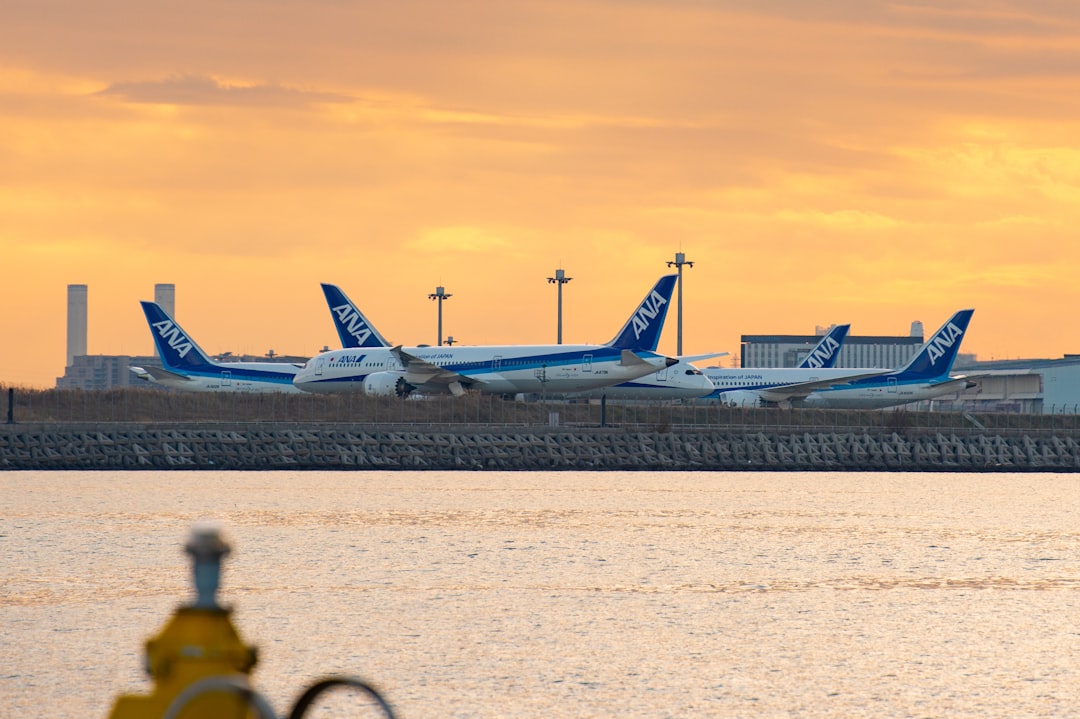In Regulatory Filings, U.S. Airlines Take Swipes at Each Other. Why?
It's a polite industry. But when airlines want to sway the Department of Transportation, they can get feisty. Does it work?
Dear Readers,
Welcome to new subscribers, including those who heard me discuss the Northeast Alliance on last week’s AvTalk FlightRadar24 podcast with Jason Rabinowitz and Ian Petchenik. I’m glad you’re here.
Today, I want to highlight the ongoing spat between Delta and United over slots at Tokyo’s Haneda Airport. I covered the reasons for the disagreement earlier.1 Now, I want to look at the tone of these filings, not just in this case, but in many competitive matters that reach the U.S. Department of Transportation. Have you noticed the lawyers can be a bit chippy?
This came up last week, when United and Delta sent a second round of submissions to U.S. regulators. United started with a 23-page filing, calling Delta's first reply "a main course that dishes out and repeats every unsuccessful argument it has made in previous Haneda proceedings." Delta followed with a two-page letter, so short because it deemed United's reply unworthy of a lengthy response.
"United’s Unauthorized Sur-reply does not add anything new of substance to the docket and Delta will not dignify United’s intemperate rhetoric with a point-by-point response," wrote Steven J. Seiden, Delta's director of regulatory affairs.
Yes, airlines are competitive, especially when one encroaches on another’s market. But I find airline people are polite. Executives often move among airlines, and many seem to love the industry as much as their employer. It’s almost a club.
So why do so many filings include so much sarcasm, silly puns, and over-the-top rhetoric about competitors behaving badly? Does pithy writing sway regulators? Do lawyers simply enjoy the opportunity to have fun?
To answer this question, I contacted Howard Kass, former vice president of regulatory affairs for American Airlines. Kass is a master at this writing: He tells me he came up with the punchline "Sleepless in Seattle” in 2014, when American accused Delta of squatting on Seattle-Haneda slots.
"No one wants to read a dry, boring 25-page document,” Kass said. “Is someone going to win the case because legal came up with a cute tagline? No. But it can’t hurt."
I asked whether lawyers add flourishes because they can, maybe to show off their writing chops. I worked at newspapers where reporters threw in lofty sentences more so colleagues could see their talent than for reader enjoyment.
That may be an element, he said. Regulatory lawyers don't try cases in court. They're not the lead in big antitrust cases, like the Northeast Alliance. This is their moment.
"For a regulatory lawyer, these cases represent the pinnacle of what they will do in a public docket," he said. "The rhetorical flourishes and the name calling is absolutely part of that."
"A win here is glory."
Upcoming stories — Interviews with Ben Smith, Scott Kirby, Peter Ingram and more.
I’m traveling this week, but I have several interesting stories in the pipeline, including an interview with Air France-KLM CEO Ben Smith, a planned chat with United CEO Scott Kirby, a feature piece on Plusgrade, a peek at Southwest’s new revenue management system, and a look at Hawaiian’s strategy to reverse its revenue slide.
These stories will be behind the paywall, so be sure to upgrade your subscription if you have not already, so you don’t miss a thing.
That’s the end of today’s post. Paid subscribers should read on for a couple of subscriber-only programming notes.



